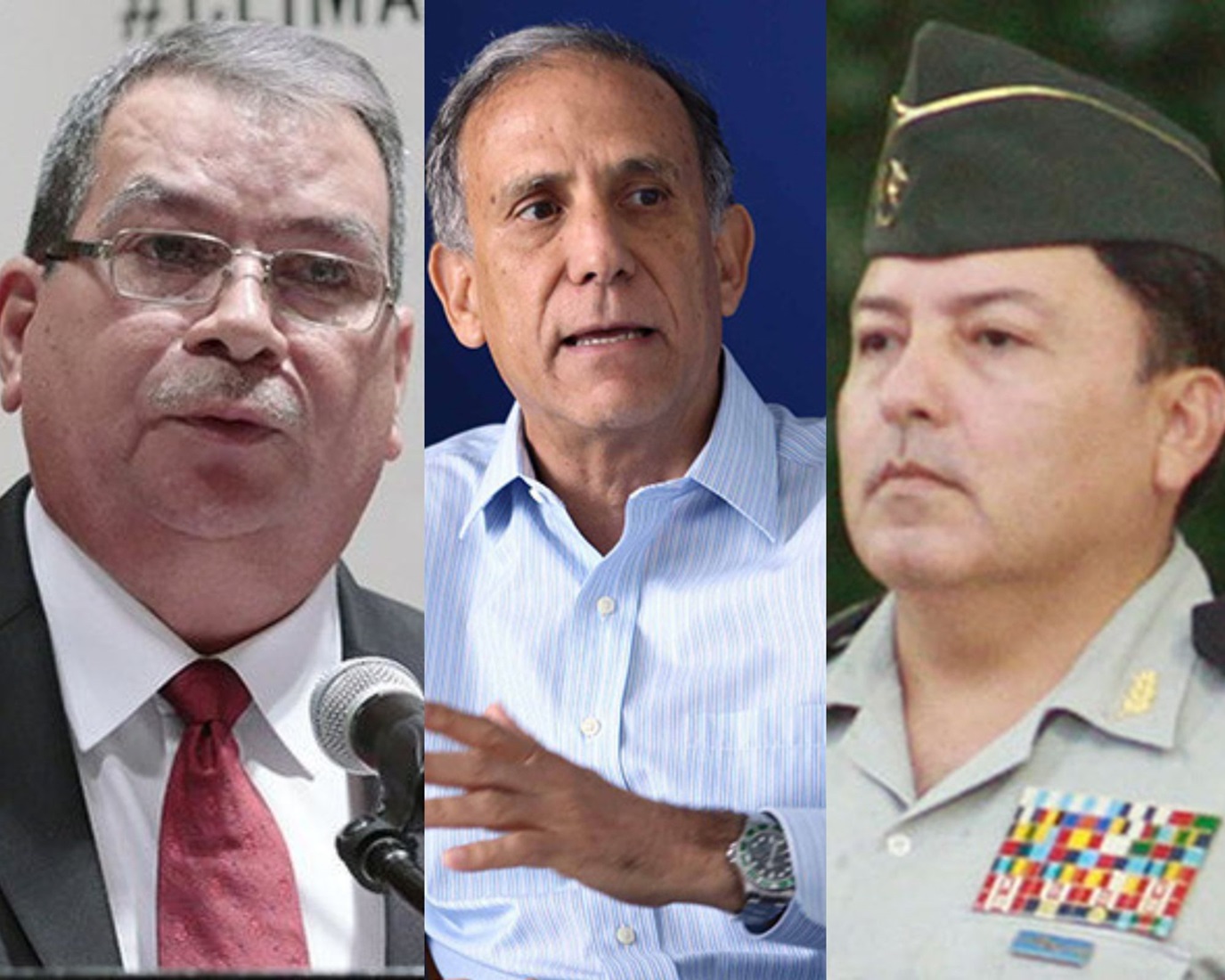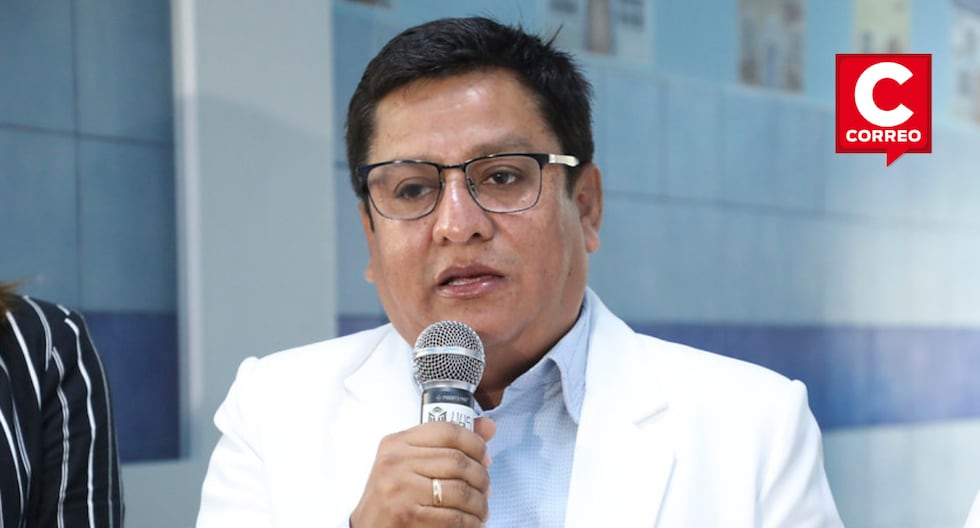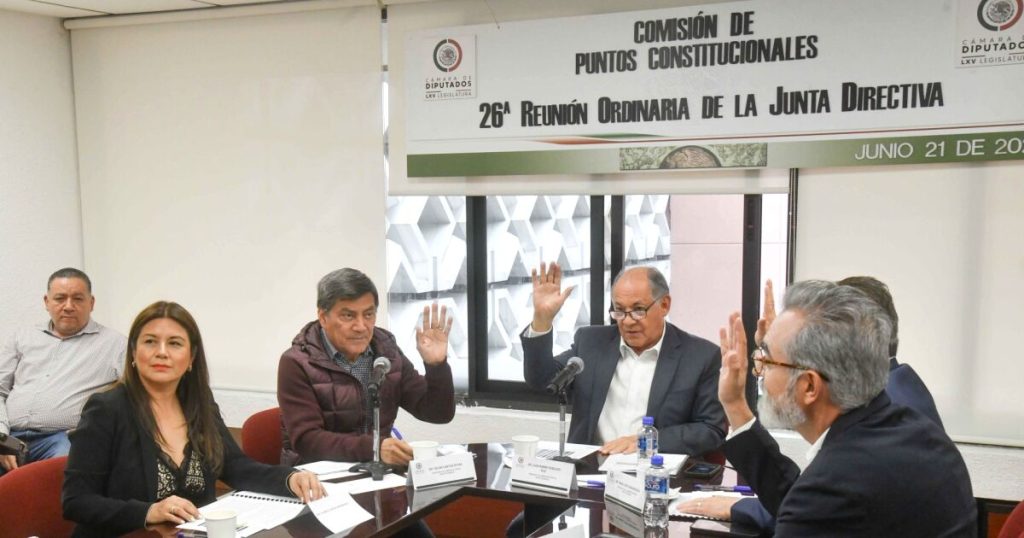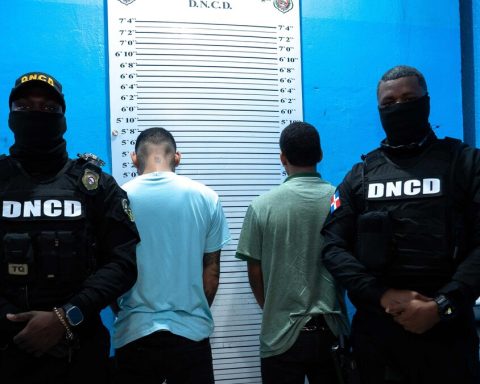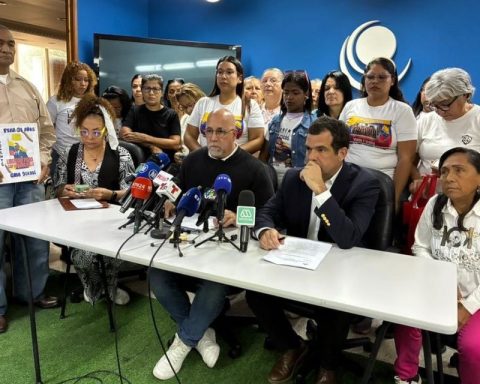On August 17, Vice-Dictator Rosario Murillo announced the ratification of 17 presidential advisors as part of the process of “restructuring” the State, but the list did not include the generals appointed as advisors to the dictator Ortega. Were they purged or did they want to leave because they could not stand Murillo? Article 66 consulted with two analysts familiar with the relationship between the military and the vice-dictator, and here we present their conclusions.
Among the generals who were removed from Ortega’s circle of advisors are the retired Army general, former commander-in-chief of the Nicaraguan Army and former vice president of the Republic, Moisés Omar Halleslevens Acevedo, who held the position of Presidential Advisor for specific affairs since January 2017.
Halleslevens is considered by many commentators to be one of the best leaders the military has ever had. He is the most decorated soldier in the history of the uniformed corps and, in addition to being a fellow countryman of Ortega, being from the municipality of La Libertad, Chontales, he was one of the members of the guerrilla commando that stormed the house of the Somoza minister José María “Chema” Castillo, through which they freed Daniel Ortega from prison, who was in prison for robbing a bank.
The other members of the presidential advisory team eliminated are retired Major General Oscar Balladares, who served as presidential advisor for infrastructure matters. Balladares has been twice purged by Ortega.
Related news: Ortega confirms 17 advisors, amid the alleged plan for the “restructuring” of the State
In 2014, he was the Chief of the General Staff and, by law, he was the successor of Julio Avilés as Commander-in-Chief of the Army, but the dictator reformed the Military Code and Balladares saw his aspirations of becoming an Army general and commander-in-chief frustrated, and was suddenly retired.
And the third person separated from Ortega’s close associates is retired Brigadier General Álvaro Baltodano, a military man from the first command of the Sandinista Army in the 1980s. He served as presidential advisor for investments, a position now held by the dictators’ son Laureano “El Chigüin” Ortega Murillo.
Purges to tell the military that Murillo is the boss, whether they like it or not
For retired senior Roberto Samcan, The three retired generals were purged by Rosario Murillo, “who is the one who almost entirely runs the country, relegating Daniel Ortega to the background.”
Major Samcam believes that Murillo’s “executions” against the military in the Executive “are a snub to the Army and a new showdown between Murillo and the General Command and the High Command of the military institution.”
“The message is clear, she (Rosario Murillo) is in power in Nicaragua, whether the military likes it or not,” says the retired military officer.
In addition, according to Samcam, Ortega and Murillo’s snub against the military includes the dismissal of the wife of the current Chief of the General Staff, Martha Ruiz Sevilla; the imprisonment of the military magistrate, retired Brigadier General Francisco Orlando Talavera Siles; the isolation in house arrest of Army General Humberto Ortega Saavedra; the harassment and subsequent imprisonment of retired Major Eddy Gonzalez; and the retirement of the Head of the Directorate of Information for Defense (DID), Brigadier General Rigoberto Balladares.
“Murillo wants to show the Army that she is the one who now has the relationship with the military institution, that they must submit to her under the conditions she sets out, whether they like it or not,” warns the retired major.
Retired military officers can’t stand Murillo and that’s why they’re leaving the Executive
Political scientist and former political prisoner Félix Maradiaga believes that, despite the state of paranoia experienced by the Ortega-Murillo family, which has led to many internal purges, the departure of the generals from the dictator’s circle of advisors should not be seen as a purge, which is obvious, but rather as a deeper phenomenon that shows the degree of decomposition that is corroding the dictatorship from within.
Maradiaga analyzes that, in effect, Murillo is eliminating anyone who could represent an obstacle to the dictatorial succession process underway, and in the event of a “possible absence of Daniel Ortega, Murillo and his sons want to ensure that there will be no officers in the Army or the Police who reject this succession.”
“This purge process began long before 2018, and at this point it is likely that there is no senior officer left in the armed forces or the police who is not aligned with the political vision of the Sandinista dictatorship. A widespread purge is also observed in all state institutions,” the political scientist notes.
However, the former political prisoner maintains that the changes in senior executive positions, including certain advisors from the Army, “suggest that not all of these movements can be seen as purges; some could even be interpreted as rewards. It is whispered that working under Rosario Murillo is a torment,” he says.
Related news: The Halleslevens bullfight is a sign of the deepening of the internal struggle for power and “cannibalism” in the FSLN
The exiled opposition leader claims that, through reliable sources, he has learned that some high-ranking officials of the Executive and other branches of government, including the Supreme Court of Justice, have attempted to resign from their positions to devote themselves to their private lives and enjoy what they have accumulated after years in public service.
However, the dictators have forbidden them to resign and forced them to remain in the public sector, which is “a punishment for them, since currently in El Carmen their passports are retained, they are prohibited from leaving the country and they are subjected to constant verbal abuse by Murillo.”

“Being close to Murillo makes them more likely to be subject to sanctions, to being in the eye of the international community and to being linked to a regime that violates human rights and that, sooner or later, will have to be held accountable,” adds Maradiaga.
In this regard, the analyst maintains that this is the case of the generals who have left the Executive, who cannot stand Murillo, and are not willing to bow their heads in the face of the mistreatment and abuses of the vice-dictator, whose verbal abuse of officials is well known.
“For many of them, being able to leave the State, enjoy its luxuries and stay off the radar is not necessarily a bad political deal. They leave the State with an agreement with their partner not to make any noise and move into a golden retirement. I think they (the generals) leave their posts to live in luxury and keep quiet, watching the bulls from afar,” Maradiaga concluded.
For her part, the opposition leader in exile and dissident Sandinista guerrilla commander, Dorma María Téllez, believes that the departure of the generals from Ortegas’ group of advisors is nothing more than part of the sweeps of state employees carried out by the dictators to prepare the scenario for Murillo’s succession.
